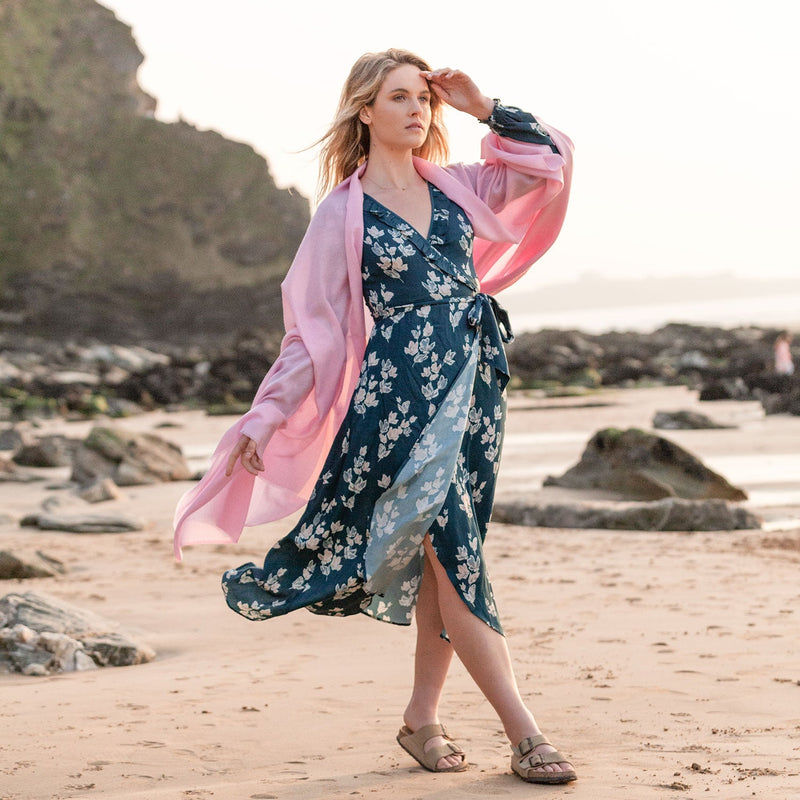Excellent News For Picking Bamboo Clothing
Wiki Article
Why Are Yak Merino Wool Base Layers So Effective For Winter Sportswear With Regards To The Natural Fiber Benefits And Environmental Sustainability?
The natural fibers and environmental sustainable nature of Yak Merino Wool Base Layers make them an excellent choice for winter sports clothes.
Yak wool and merino fibres are both natural fibers. Renewable resources can be harvested sustainably without causing harm to animals. The fibers are biodegradable meaning they break down naturally without causing environmental harm.
Low Environmental Impact
Natural fibers generally have a lower environmental impact than synthetic materials. The process of harvesting and cultivation of wool involves lesser chemical processing, and is not dependent on renewable resources in comparison to synthetic fibers.
Energy Efficiency
Wool fibers require less energy to process than synthetic fibers such as polyester or nylon. Natural wool manufacturing is energy efficient, which results in lower carbon emissions.
Minimized Microplastic Pollution
Natural wool fibers aren't contributing to the pollution of waterbodies by microplastics as synthetic fibers do.
Longevity and Recyclability-
Yak-merino clothes are durable and can last for quite a long time. Wool fibers can also be reused or recycled, further reducing waste and environmental impact.
Sustainable Practices
Certain producers and manufacturers of wool employ sustainable and ethical practices. They make sure to ensure the well-being of animals, a good land management and fair work conditions for their workers.
Environmental Certification-
Certifications like the Responsible Wool Standard (RWS) or the Global Organic Textile Standard (GOTS) ensure ethical and environmentally mindful practices used in the production of wool, providing consumers with assurance regarding the sustainability of wool production.
In general, base layers made of yak are low-impact on the environment. They are manufactured using renewable resources and are based on the highest standards of sustainability and ethical conduct throughout their supply chain. Selecting natural fibers such as yak merino wool for winter sports clothing is the environment and is responsible consumption practices. See the top rated merino wool base layer for site info including merino wool base layer clearance, ski layers womens, best ski underlayers, merino thermals, smartwool 1 4 zip, smartwool merino 250 base layer, smartwool men's classic thermal merino base layer crew, ski underlayers, smart wool baselayer, smartwool base layer sale and more.

What Are The Advantages Of Bamboo Clothing In Terms Of Softness And Antibacterial Properties Durability, Renewability And Durability.
Bamboo clothing has many advantages in terms of its softness, antibacterial properties and durability, and renewability- Softness-
Bamboo fabric is renowned for its silky texture and luxurious feel. It is often compared to silk, or other luxury materials, like cashmere. It is soft and gentle against the skin and provides the most comfortable wear.
Antibacterial Properties
Bamboo is a natural material with antimicrobial characteristics. Bamboo contains an antimicrobial substance known as "bamboo Kun." This ingredient prevents the growth and spread of bacteria that can cause odors, fungi and even odors.
Durability-
Strength- Bamboo fibers are tough and durable, despite their softness. Bamboo clothing is resistant to regular wear and tear, making it suitable for various kinds of activities without compromising the quality.
Renewability-
Rapid Growth Bamboo is a plant that grows quickly, and does not require pesticides. It will mature in several years, which allows for the sustainable harvest and lessening the impact on the environment.
Sustainability-
Sustainable production- Bamboo processing and cultivation typically have less impact on the environment than that of synthetic materials. Bamboo's rapid growth rate, low need for water and the ability to grow in different climates all contribute to its sustainability.
Biodegradability-
Natural Decomposition - Bamboo clothes have the biodegradable property, which means it will decay on its own after the end of its life cycle. This reduces the amount of non-biodegradable waste in landfills, and aids in reducing environmental pollution.
Hypoallergenic Qualities
Less Irritation Bamboo fabric is less likely to cause skin irritation or allergic reactions compared to some synthetic materials, making it an ideal choice for individuals who have sensitive skin.
Bamboo clothing offers a combination of softness and antibacterial properties that are durable, renewable and sustainability. This makes it an attractive option for people who want to wear practical, comfortable and sustainable clothing. These attributes make for a pleasant experience when wearing the clothing while also adhering to eco-conscious principles. Have a look at the top bamboo clothings examples for site info including women's freefly apparel, mens boxer shorts bamboo, bamboo womens shirts, bamboo jeans brand, bamboo bed clothes, bamboo mens shirts, bamboo family pajamas, bamboo athletic wear, shakuhachi clothes, shakuhachi clothes and more.

How Are Merino Wool And Bamboo Clothes Distinct From Ordinary Wool?
Merino wool layers, bamboo clothing and regular wool have distinct characteristics that set them apart- Merino Wool-
Merino Wool is soft and supple on the skin. It is less likely to cause irritation or itching when compared with traditional wool.
Merino has exceptional moisture-wicking properties. It draws moisture away from your skin, allowing it to evaporate, leaving you feeling dry and at ease.
Insulation Merino wool offers exceptional warmth, even when wet. It regulates temperature and provides warmth in cold weather and allows for breathability even in hot temperatures.
Odor resistance- It stops the growth of odor causing bacteria and keeps garments fresh, even if worn for extended periods.
Bamboo Clothing
Softness Bamboo clothing is known for its silky and soft texture that can be compared to silk or even cashmere. It's soft and luxurious to wear.
Bamboo fabric has moisture-wicking properties that help draw away moisture and help keep your dry.
Temperature Regulation- Bamboo clothing has natural temperature-regulating abilities, offering warmth in winter and breathability to prevent overheating.
Sustainability- Bamboo has an abundance of renewable resources. It grows quickly without pesticides or fertilizers. It's biodegradable, and has a very low environmental impact.
Regular Wool
Texture. The classic wool texture can vary. Certain types of uncomfortable or itchy textures are more coarse.
Warmth - Wool can provide great insulation and warmth, however it also feels bulky.
Moisture Absorption - Wool can absorb moisture, making it less effective at wicking moisture compared to merino wool or bamboo fabric. Wool retains its warmth, even when it is damp.
In the end, merino Wool provides a soft, supple feel, great moisture-wicking, odor resistance, and insulation. Bamboo clothing offers a soft feel, moisture-wicking properties, temperature regulation, and sustainability. Regular wool is different in texture, may not offer the same softness or wicking properties as merino or bamboo clothing, but will offer warmth and insulation. Each has distinct advantages that cater to different needs and preferences for winter clothing. View the recommended continue reading for bamboo winter clothing for blog advice including best ski underlayers, wool thermals womens, best long underwear for skiing, base layer for warmth, hh lifa merino, best merino base layer, icebreaker baselayer, smartwool classic thermal merino quarter zip base layer top women's, merino base layer womens, smartwool base layer mens and more.
